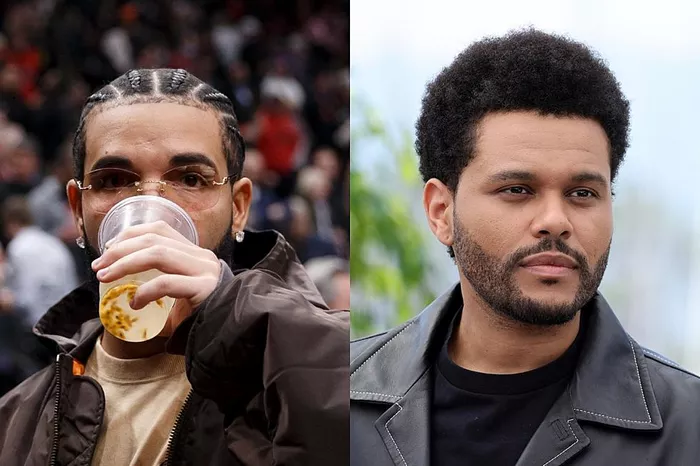Earlier this year, an anonymous songwriter gained widespread recognition by using AI to replicate the voices of Drake and The Weeknd in a new song. Now, this groundbreaking track may find itself in the running for a Grammy.
According to The New York Times, the enigmatic musician known as Ghostwriter, the mastermind behind the viral sensation “Heart on My Sleeve,” has officially submitted the song for consideration in two Grammy categories. Harvey Mason Jr., CEO of the Recording Academy, stated that the “creative aspect” of the song is “undoubtedly eligible” for Song of the Year and Best Rap Song, emphasizing that it was, indeed, “crafted by a human.”
Representatives for Drake, The Weeknd, and the Recording Academy have yet to respond to requests for comment from EW.
The Recording Academy recently clarified its stance, asserting that only human creators can be considered for Grammy Awards. A work devoid of human authorship cannot qualify in any category. However, since “Heart on My Sleeve” is being entered exclusively in categories that recognize the song’s writers, rather than the performing artist, Ghostwriter is eligible for its composition.
The only potential hurdle to the song’s eligibility is its distribution. Grammy rules stipulate that a recording must have a broad release, available nationwide through physical stores, third-party online retailers, and/or streaming services. This might pose a challenge for “Heart on My Sleeve” as it was swiftly removed from streaming platforms, including YouTube. The original link to the song now bears the message: “This video is no longer available due to a copyright claim by Universal Music Group.” Nevertheless, The Verge reported that Universal Music Group (UMG) did not confirm issuing takedown notices to Apple Music, Spotify, or other streaming services.
Upon its release in April, “Heart on My Sleeve” drew attention for its uncanny emulation of Drake’s and The Weeknd’s voices, tones, and nuances. Mason noted that he immediately recognized the song’s significance and reached out to Ghostwriter via social media. “As soon as I heard that record, I knew it was going to be a matter that we, as an Academy, would have to grapple with,” Mason commented. “When AI starts getting involved in such a creative, contemporary, and relevant way, it prompts questions about where this is headed. How will it impact creativity, and what are the business implications for monetization?”
Ghostwriter’s team met with the Recording Academy to explore the future of AI in music, with the aim of raising awareness about the technology’s potential for both consumers and record labels.
On Tuesday, Ghostwriter released a new track titled “Whiplash,” which replicates the styles of Travis Scott and 21 Savage.

